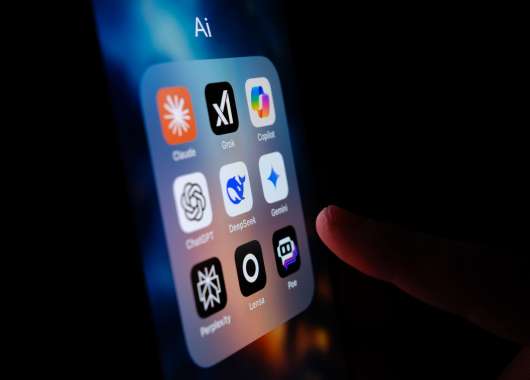Two of the most consequential antitrust lawsuits in recent history, FTC v. Meta and US v. Google, are currently unfolding in U.S. federal courts, targeting the business practices of the world’s biggest tech giants. These cases address critical questions about competition, market power, and consumer choice in the digital age. For users, regulators, and industry observers, the outcomes could reshape the landscape of social media, online advertising, and search for years to come.
Key Takeaways
- FTC v. Meta centers on allegations that Meta (formerly Facebook) illegally maintained a social networking monopoly by acquiring Instagram and WhatsApp.
- US v. Google accuses Google of monopolizing both the search engine and digital advertising markets through exclusionary contracts and technical integrations.
- Both cases could result in the tech companies being forced to sell off some of their products and services, fundamentally altering how they operate and compete.
- The trials have sparked intense debate among legal experts about the definition of digital markets and the future of antitrust enforcement.
What Are the FTC v. Meta and US v. Google Lawsuits?
There are two major lawsuits targeting Big Tech – and the outcomes could have significant implications for the whole technology industry.
FTC v. Meta: Did Acquisitions Create a Social Media Monopoly?
The Federal Trade Commission’s lawsuit against Meta alleges that the company’s acquisitions of Instagram and WhatsApp were part of a deliberate strategy to eliminate emerging competitors and cement Meta’s dominance in the personal social networking market.
Acquiring these competitive threats has enabled Facebook to sustain its dominance to the detriment of competition and users. Meta no longer competes on its merits, but by acquiring its rivals, the FTC argued.
As part of their lawsuit, the FTC is seeking to force Meta to sell Instagram and WhatsApp. This breakup could disrupt the company’s massive advertising business and reshape the social media ecosystem.
According to the US Government, Meta’s “buy or bury” approach stifled innovation and consumer choice. They reference internal emails where CEO Mark Zuckerberg discussed the need to neutralize a potential competitor.
Meta’s defence claims it faces robust competition from platforms like TikTok, YouTube, and Apple’s iMessage, arguing that the FTC’s market definition is too narrow and outdated. Arguing for Meta’s define, Mark Hansen called the FTC’s approach indefensible because the FTC is using a social media market definition it created that excludes TikTok, YouTube, and Apple’s iMessage.
“The monopoly power question really ought to be answered according to whether or not Meta’s customers feel locked in,” said Rebecca Allensworth, antitrust law professor at Vanderbilt, “I think we have plenty of evidence of that. We would call that direct evidence of monopoly power.”
US v. Google: Search and Ad Tech Under Scrutiny
The Department of Justice’s lawsuit against Google accuses the company of illegally monopolizing both the search engine and digital advertising markets. The DOJ argues that Google’s contracts with device makers and browsers ensured that Google remained the default search engine, suppressing competition and innovation.
As part of his ruling on the case, Judge Amit Mehta wrote, “Google is a monopolist, and it has acted as one to maintain its monopoly.”
In the ad tech case, Judge Leonie Brinkema found that Google deliberately engaged in a series of anti-competitive behaviors to obtain and sustain monopoly power in online advertising technology.
Google enjoys an 89.2% share of the market for general search services, which increases to 94.9% on mobile devices, according to the court’s findings. The court found Google unlawfully tied its ad server (DFP) to its ad exchange (AdX), disadvantaging rivals and reducing transparency in the digital ad market. These exclusive agreements have harmed consumers by foreclosing 50% of the general search services market by query volume. This enabled the company to raise ad prices and limit rivals’ revenues.
These two cases represent the most significant antitrust confrontation in the past 25 years. The final rulings could shake up the internet. They may also hobble one of the world’s best-known companies: Google.
Conclusion
The outcomes of FTC v. Meta and US v. Google will have far-reaching implications for consumers, competitors, and the future of digital markets. It will be fascinating to see what the final rulings decide about competition and monopoly power in the tech sector.






